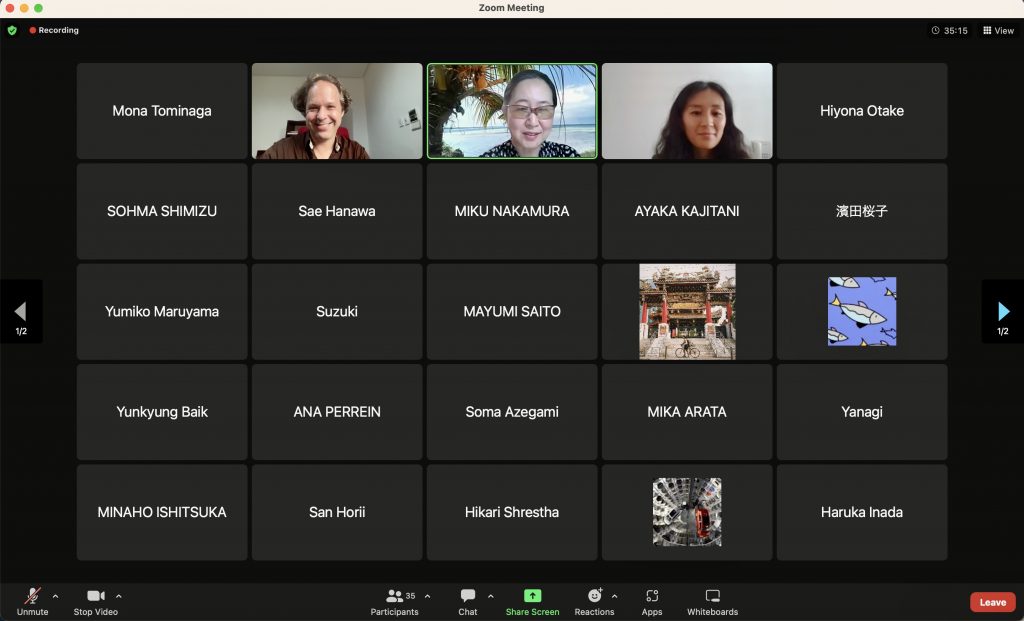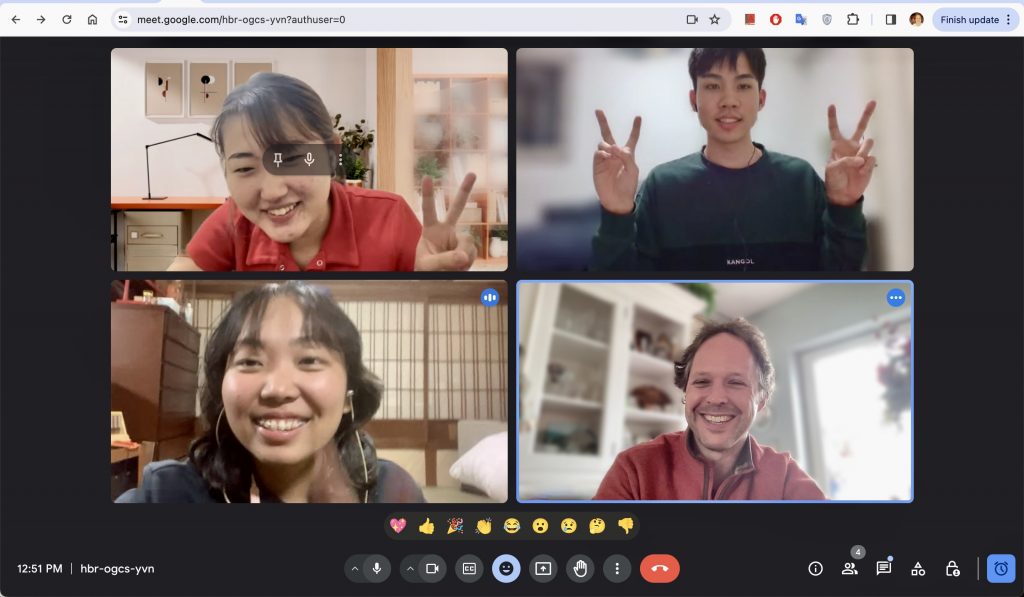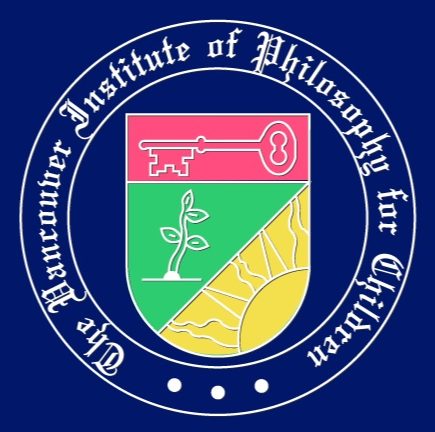Courses by VIP4C

Since 2016 we have expanded by offering courses that deal with the urgencies of our time. These courses are taught online and in person (only during the summer) by our lecturer, Dr. Arthur Wolf, the assistant director of VIP4C and the education director of The Thinking Playground. We welcome all those interested, including, but not limited to, teachers, philosophy students, artists and parents. The courses are engaging and give you the theoretical and practical tools to apply them in your own context. From that perspective, the material can be tweaked to fit your personal needs and make sure you get the most out of it. These courses have been developed with the support of our board of directors from the University of British Columbia, the University of the Fraser Valley and Capilano University. We hope to expand our offerings in the future.
Every course consists of ten sessions and includes, amongst others, the connection of literature to real-life problems, dialogue and written assessments. All courses always make sure to include an emphasis on practical relevance and working with children.
The following courses have been offered by VIP4C. For more information please contact us.
- Introduction to Philosophy for Children (P4C)
- What is the history of the movement?
- What is/are its theoretical background(s)?
- How do I practice P4C (including lesson plans)?
- Human Development, Learning & Identity
- What are psychological theories of development and learning?
- What are philosophical approaches to the concept of identity?
- What are contemporary debates?
- What are the practical implications of these ideas?
- Cultures, Dialogue and Differences
- What are approaches to the concept of culture?
- How to theorize cultural differences from different philosophical and psychological perspectives?
- What are theories of dialogue?
- How to dialogue across differences?
- Philosophy and Education
- What is education?
- What are different approaches to thinking about education and how does this relate to pedagogy?
- What are the contemporary debates?
- Philosophy of Childhood
- What is childhood?
- What have different thinkers written/said about childhood?
- How can childhood be a problematic concept and what are the consequences for education?
- Introduction to Environmental Ethics
- What is the relation between ecology and education?
- How do we teach about the importance of taking care of the environment?
- What are the main ethical ideas?
- How do we think about ourselves in this context and what can we do?
- Introduction to African Philosophers
- What are the main ideas of Leopold Senghor, Aimé Césaire, Franz Fanon, Achille Mbembe?
- How do they relate to an African identity?
- What does the concept ‘Africa’ mean in relation to its cultures and countries?
- How do you include these ideas in the high school curriculum?
- Art and Pedagogy: Feeling Thinking Through Aesthetics in the Museum
- What is the relation between art and thinking?
- Why does art have a deep connection with empathy?
- How do we develop philosophical activities in relation different art forms?
- Affect Theory in Education
- What is affect theory and how did it develop?
- How does the concept of affect relate to stories, poems and paintings?
- How does affect theory change the way we think about pedagogy?
- How does affect theory influence practice?
- Philosophy, Civic Space and Resistance (from 2025)
- What is the relation between education and civic space?
- How does philosophy conceptualize civic space?
- What does resistance mean in his context?
- How does the teaching of philosophy help to resist the shrinking of civic space?
Our courses can always be adapted to the students’ particular needs. We have a framework curriculum that we adjust regularly. After the first meeting, we tweak the reading according to the students’ needs.
If you have questions, please do not hesitate to contact us. We look forward to seeing you next time!


